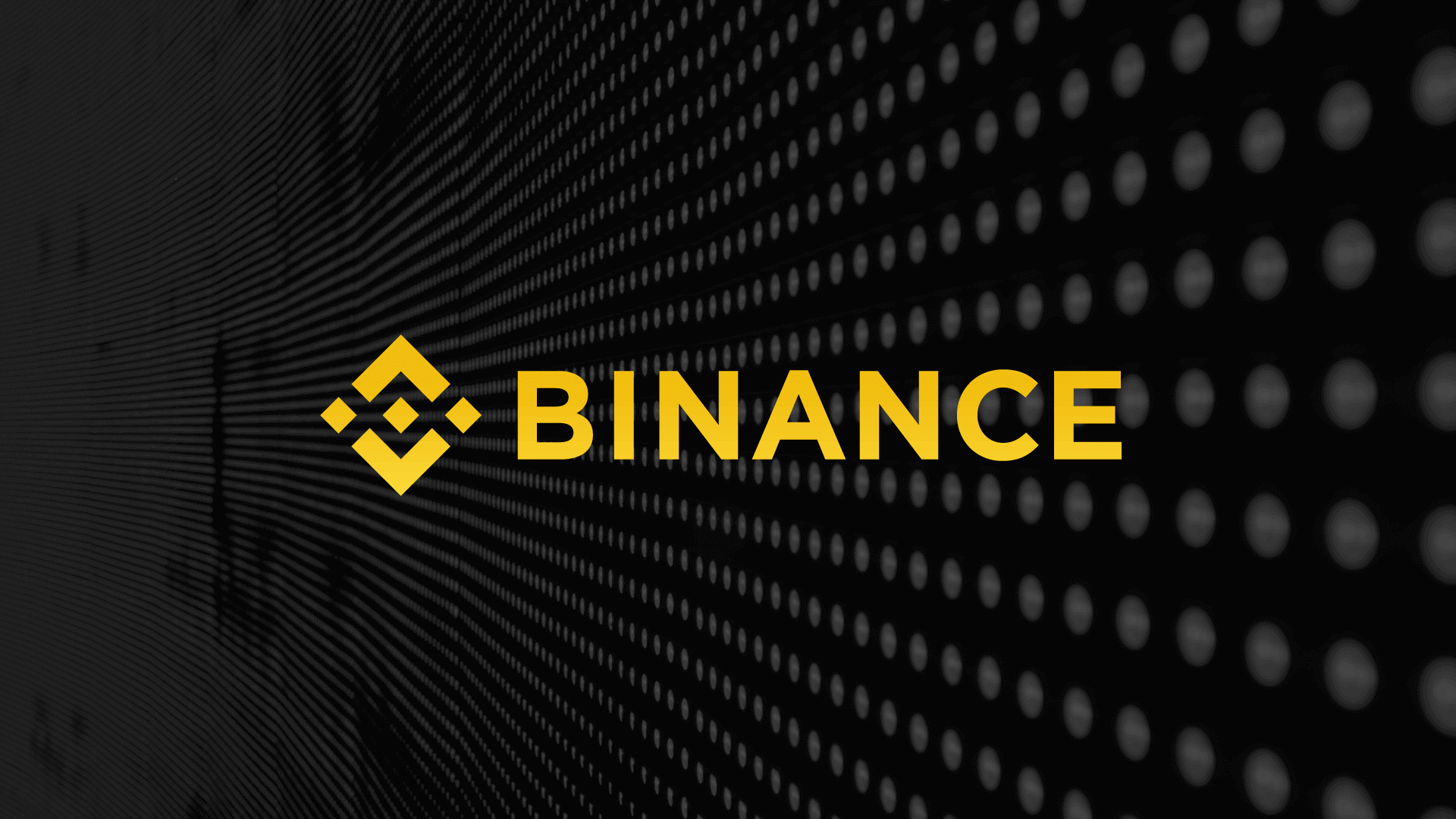Binance Adds Five Tokens to VIP Loan, Market Reaction Mixed
30.04.2025 20:00 1 min. read Alexander Stefanov
Binance has rolled out new borrowing options for a fresh batch of altcoins, introducing Hyperlane, SIGN, Initia, KERNEL, and WalletConnect to its VIP Loan platform.
While the move was positioned as a step toward boosting token utility and exposure, market reactions didn’t follow a clear path—only one asset out of the five managed to rally as the rest slipped into the red.
The announcement, made public on April 30, briefly stirred speculation around potential price jumps and improved liquidity. However, those expectations didn’t quite align with real-time trading data.
SIGN was the outlier, posting an impressive 50% surge over the week, though it couldn’t avoid a steep 18% dip during the day. KERNEL fell 5% within hours and showed a broader weekly slide of 10%.
Hyperlane didn’t fare much better, dropping by 3% on the day and 27% across seven days. WalletConnect and INIT also followed the downward trend, with only minor fluctuations to cushion the decline.
Despite Binance’s continued expansion of asset offerings, this latest batch has revealed a clear disconnect between availability and performance—at least in the short term. Still, with the broader crypto market leaning bullish, investors may yet find renewed interest in these tokens as liquidity builds and sentiment evolves.
-
1
Bitcoin Dominance Nears Key Resistance — Is Altseason Coming Next?
13.07.2025 17:00 2 min. read -
2
Stellar (XLM) Surges 60% in 7 Days Amid Breakout and Partnerships
17.07.2025 14:33 2 min. read -
3
XRP Surges Toward $3: Main Factors Driving the Rally
16.07.2025 12:18 2 min. read -
4
Ethereum Overtakes Bitcoin in Retail FOMO as Traders Shift Focus to Altcoins
17.07.2025 8:05 2 min. read -
5
Fartcoin Price Prediction: FARTCOIN Could Rise to $2.74 After Major Breakout
17.07.2025 16:01 3 min. read
XRP Eyes Next Target as Bullish Crossover Sparks 560% Surge
XRP is back in the spotlight after crypto analyst EGRAG CRYPTO highlighted a powerful historical pattern on the weekly timeframe—the bullish crossover of the 21 EMA and 55 SMA.
Top 5 Most Trending Cryptocurrencies Today: Zora, Pudgy Penguins, SUI and More
Crypto markets are buzzing with momentum as several altcoins post double-digit gains and surging volumes.
Sui Price Jumps 14% to $4.26 amid ETF Hopes
Sui (SUI) surged 14% in the past 24 hours, reaching $4.26 as bullish technical patterns, Bitcoin’s rebound, and renewed ETF speculation pushed the altcoin higher.
HBAR Mirrors 2021 Cycle as Key Breakout Test Approaches
Hedera Hashgraph (HBAR) is closely tracking its 2021 price behavior, according to crypto analyst Rekt Capital.
-
1
Bitcoin Dominance Nears Key Resistance — Is Altseason Coming Next?
13.07.2025 17:00 2 min. read -
2
Stellar (XLM) Surges 60% in 7 Days Amid Breakout and Partnerships
17.07.2025 14:33 2 min. read -
3
XRP Surges Toward $3: Main Factors Driving the Rally
16.07.2025 12:18 2 min. read -
4
Ethereum Overtakes Bitcoin in Retail FOMO as Traders Shift Focus to Altcoins
17.07.2025 8:05 2 min. read -
5
Fartcoin Price Prediction: FARTCOIN Could Rise to $2.74 After Major Breakout
17.07.2025 16:01 3 min. read


